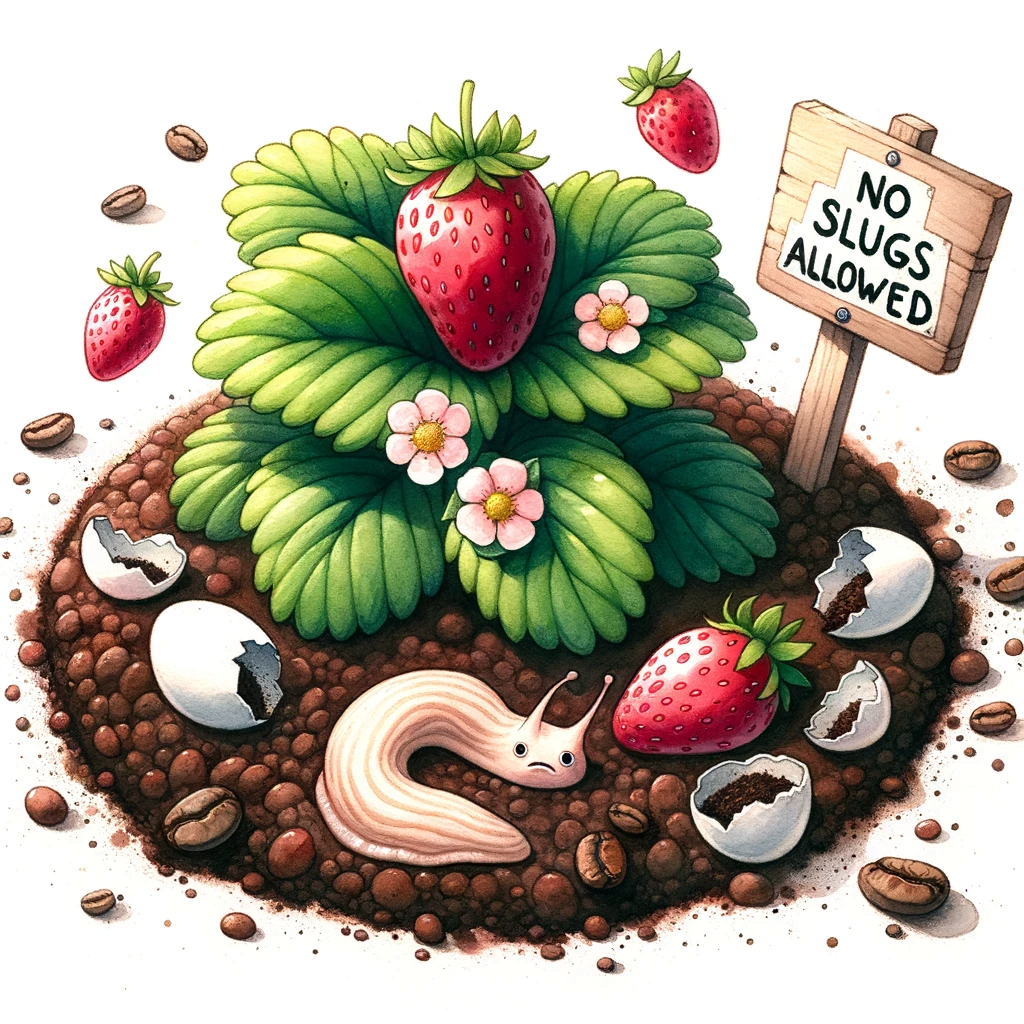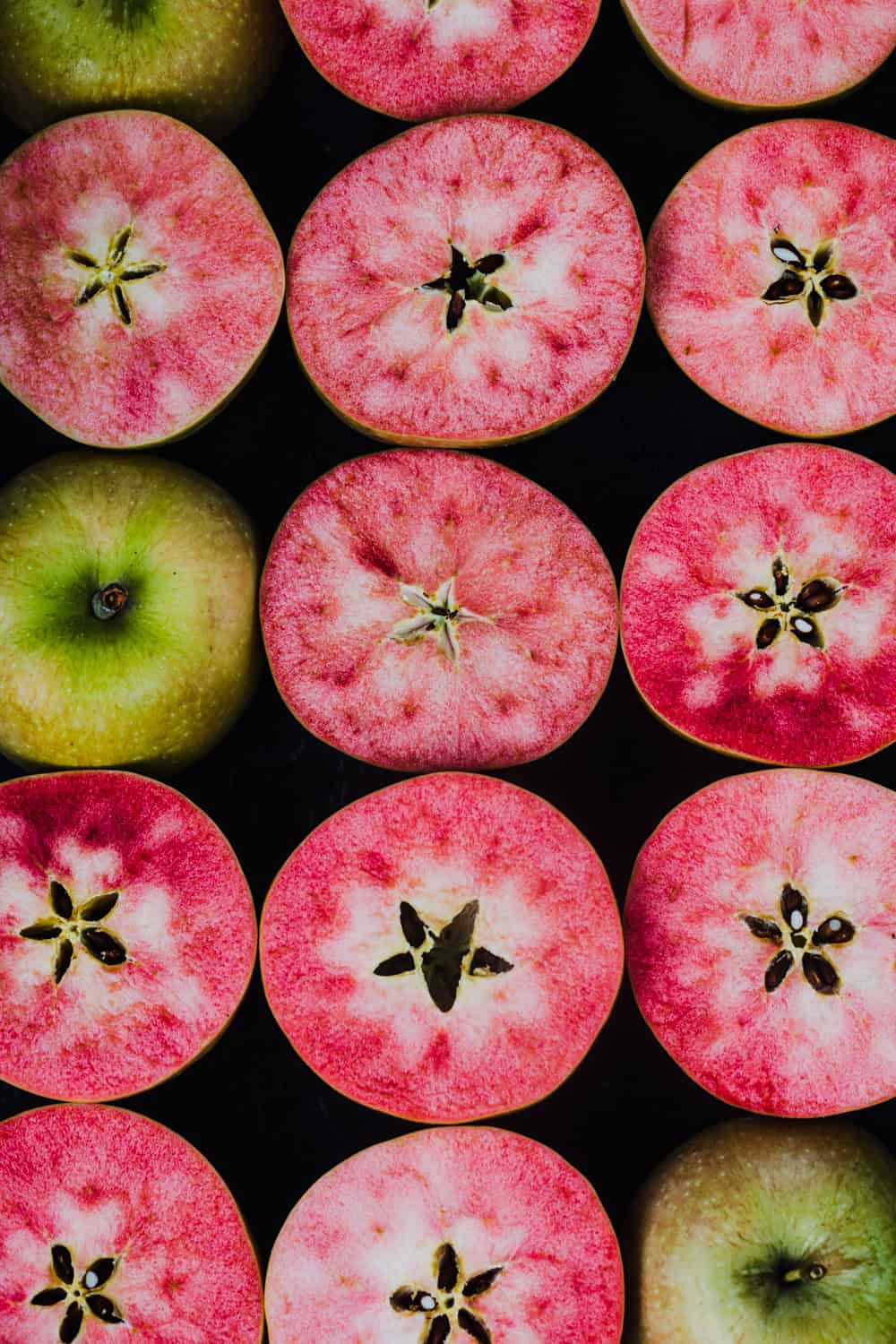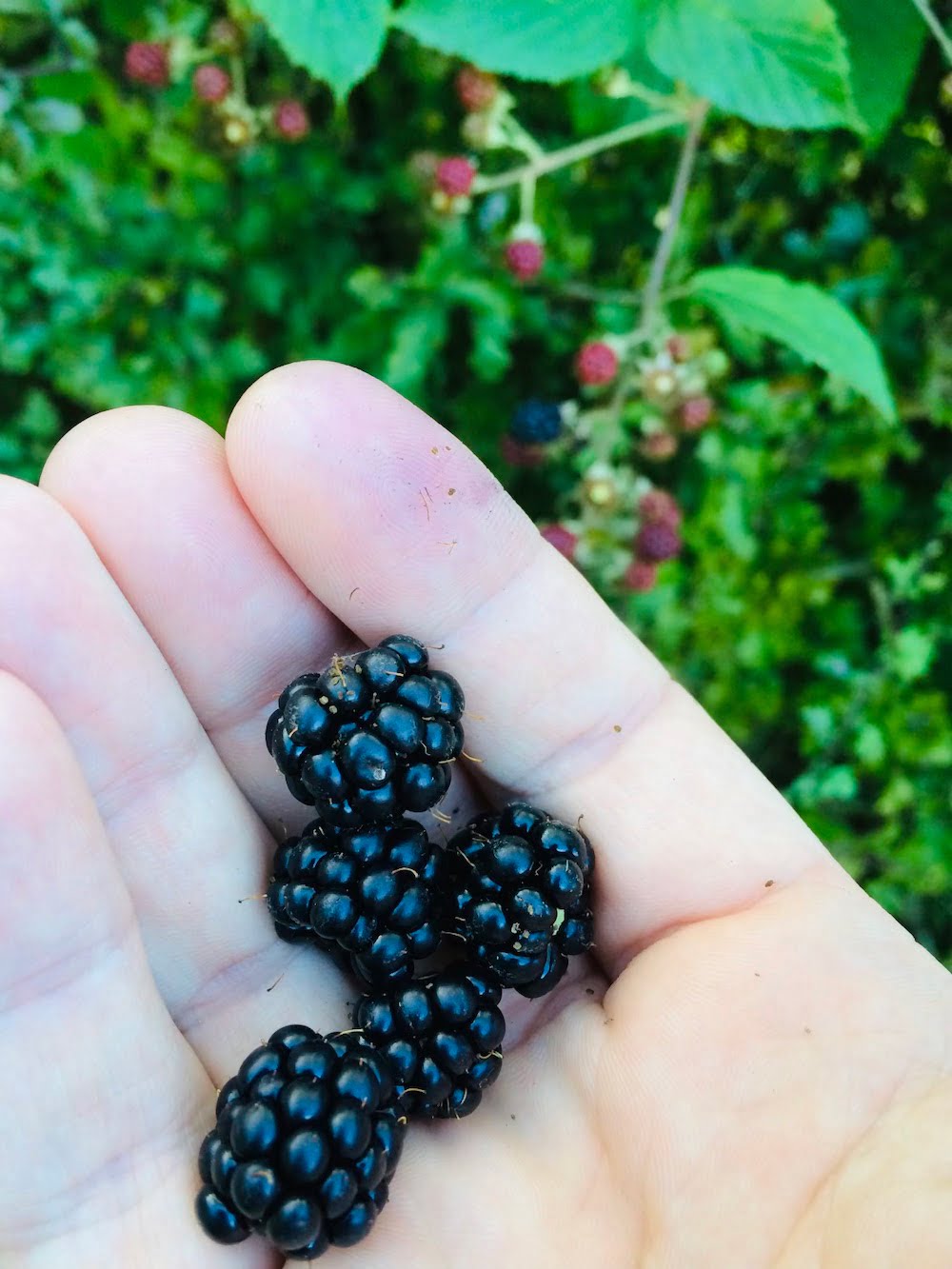One common challenge faced by strawberry growers is the persistent threat of slugs feasting on their precious fruits. These slimy pests can cause extensive damage, leaving behind unsightly holes and ruining the harvest. However, fear not, as this article will provide you with practical tips and techniques to effectively deter slugs and safeguard your strawberry plants. By implementing these proven strategies, you can ensure the preservation of your luscious strawberries and enjoy a bountiful harvest.
Choosing Slug-Resistant Strawberry Varieties
When it comes to preventing slugs from eating your precious strawberry plants, the first step begins even before you plant them. By choosing slug-resistant strawberry varieties, you can significantly reduce the risk of slug damage. Certain strawberry cultivars have been found to be less susceptible to slug attacks than others. Varieties such as ‘Honeoye,’ ‘Seascape,’ ‘Chandler,’ and ‘Albion’ have shown resistance to slugs. Consider selecting these varieties when planning your strawberry garden.
Creating a Slug-Friendly Trap
Another effective approach to control slugs in your strawberry garden is to create a slug-friendly trap. By offering an attractive alternative to your strawberries, you can divert the slugs’ attention away from your plants. Simply bury a small jar or container in the ground near the strawberry plants and fill it with beer. Slugs are lured by the scent of beer and will crawl into the container, becoming trapped and eventually drowning. Regularly check and empty the traps to maintain their effectiveness.
Implementing Physical Barriers
One of the most reliable methods to keep slugs away from your strawberries is to implement physical barriers. These barriers prevent slugs from reaching your plants and can effectively reduce slug damage. One option is to enclose your strawberry patches with a wire or plastic mesh fence. The mesh size should be small enough to prevent slugs from squeezing through. Ensure that the barrier is buried at least a few inches into the ground to deter slugs from burrowing underneath.
| Slug Control Method | Effectiveness (1-5) | Ease of Implementation (1-5) | Environmental Impact (1-5) |
|---|---|---|---|
| Slug-Resistant Varieties | 4 | 3 | 5 |
| Beer Traps | 3 | 4 | 4 |
| Physical Barriers | 4 | 2 | 5 |
| Diatomaceous Earth | 3 | 4 | 5 |
| Copper Tape/Wire | 3 | 3 | 5 |
| Coffee Grounds | 2 | 5 | 5 |
| Natural Predators | 4 | 2 | 5 |
| Birds and Frogs | 3 | 1 | 5 |
| Protective Mulch | 3 | 4 | 5 |
| Garden Cleanliness | 4 | 4 | 5 |
| Strategic Watering | 3 | 4 | 5 |
Using Organic Slug Deterrents
Organic slug deterrents are a popular choice for gardeners seeking effective and environmentally friendly solutions. These natural substances can help repel or kill slugs without causing harm to beneficial organisms. Several options are available for organic slug control in strawberry gardens:
Set Up Beer Traps
As mentioned earlier, beer traps can be an effective method of controlling slugs. Slugs are attracted to the yeasty scent of beer, and once they crawl into the container, they are unable to find their way out and eventually drown. Set up several beer traps around your strawberry plants, making sure to bury them in the ground so that the rim is level with the soil surface.
Sprinkle Diatomaceous Earth
Diatomaceous earth, a natural sedimentary rock made from fossilized diatoms, is a widely used organic slug deterrent. Its coarse texture damages the slugs’ bodies, leading to dehydration and death. Sprinkle diatomaceous earth around your strawberry plants, paying close attention to the area surrounding the plants to create a barrier that slugs will avoid.
Apply Copper Tape or Wire
Copper has been shown to repel slugs due to its chemical reaction with slug slime. Applying copper tape or wire around your strawberry beds creates a barrier that slugs are reluctant to cross. Make sure to encircle the entire planting area to ensure maximum effectiveness.
Use Coffee Grounds
Coffee grounds not only enhance the soil’s fertility but also act as a natural slug repellant. The caffeine in coffee grounds affects slugs’ nervous system, deterring them from approaching your strawberries. Sprinkle coffee grounds generously around your strawberry plants, creating a protective barrier that discourages slugs from crossing.
Employing Natural Predators
Nature provides its own form of pest control. By employing natural predators that feed on slugs, you can significantly reduce the slug population in your strawberry garden. Two common predators that enjoy dining on slugs are ground beetles and ducks.
Ground beetles are beneficial insects that prey on various garden pests, including slugs. By creating a welcoming habitat for ground beetles, such as providing moist sheltered areas or rock piles, you can encourage these predatory beetles to take up residence in your strawberry garden.
Ducks, especially certain breeds like Indian Runners or Khaki Campbells, have a particular taste for slugs. Allowing ducks to roam freely in your garden or installing a small duck pond can provide a natural solution to slug control. However, ensure that your strawberry plants are adequately protected, as ducks may also enjoy the strawberries themselves.
Encouraging Birds and Frogs
Birds and frogs are natural enemies of slugs and can play a vital role in reducing slug populations in your strawberry garden. Creating a bird-friendly environment involves providing feeders, water sources, and nesting boxes. Consider planting trees and shrubs that offer shelter and food for birds nearby.
Similarly, frogs are voracious slug predators. By providing a suitable habitat for frogs, such as a shallow pond or damp shady areas, you can attract these slug-eating amphibians to your garden. Avoid using chemical pesticides that may harm the frogs and disrupt the natural balance of your garden ecosystem.
Applying Protective Mulch
Using protective mulch around your strawberry plants can both conserve soil moisture and deter slugs. Mulch acts as a physical barrier, making it difficult for slugs to navigate across. Organic options such as straw, wood chips, or shredded leaves are preferable, as they provide additional organic matter to the soil as they decompose. Apply a layer of mulch around your strawberry plants, ensuring that it is thick enough to deter slugs but not so thick that it retains excessive moisture.
Keeping the Garden Clean
Maintaining a clean garden environment is crucial for effective slug control. Slugs thrive in damp and cluttered conditions, so removing or reducing their hiding spots is essential in preventing infestations.
Clear Debris
Frequently remove any garden debris, fallen leaves, or decaying matter where slugs may hide during the day. By eliminating potential hiding spots, you discourage slugs from staying in your garden and reduce the risk of slug damage to your strawberry plants.
Eliminate Hiding Spots
Slugs often hide in dense vegetation or under boards, rocks, or flower pots. Regularly inspect your garden for such hiding spots, and rearrange or remove them to limit the slug’s shelter options. Maintain a well-manicured garden with open spaces to discourage slugs from establishing themselves.
Watering Strategically
Proper watering practices can help deter slugs and reduce their presence in your strawberry garden. Slugs are attracted to moist environments, so avoid overwatering your plants. Water your strawberry plants at the soil level, rather than using overhead sprinklers, as the damp foliage can provide a suitable habitat for slugs. Water in the morning to allow the moisture to dry during the day, making it less appealing for slugs.
Conclusion
Keeping slugs from eating your strawberries requires a comprehensive and multifaceted approach. By selecting slug-resistant strawberry varieties, implementing physical barriers, using organic slug deterrents, employing natural predators, encouraging birds and frogs, applying protective mulch, keeping the garden clean, and watering strategically, you can significantly reduce slug damage in your strawberry garden. Combine these strategies based on your garden’s specific conditions and needs, and enjoy healthier, slug-free strawberries for you to savor.



